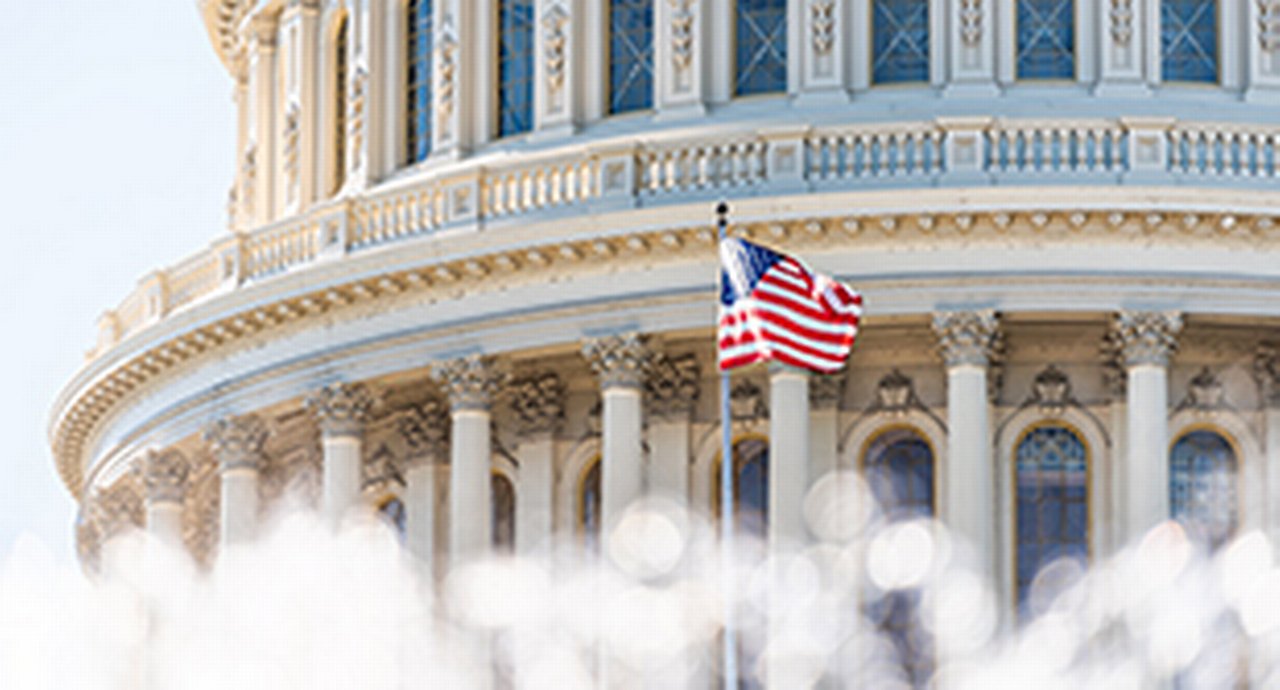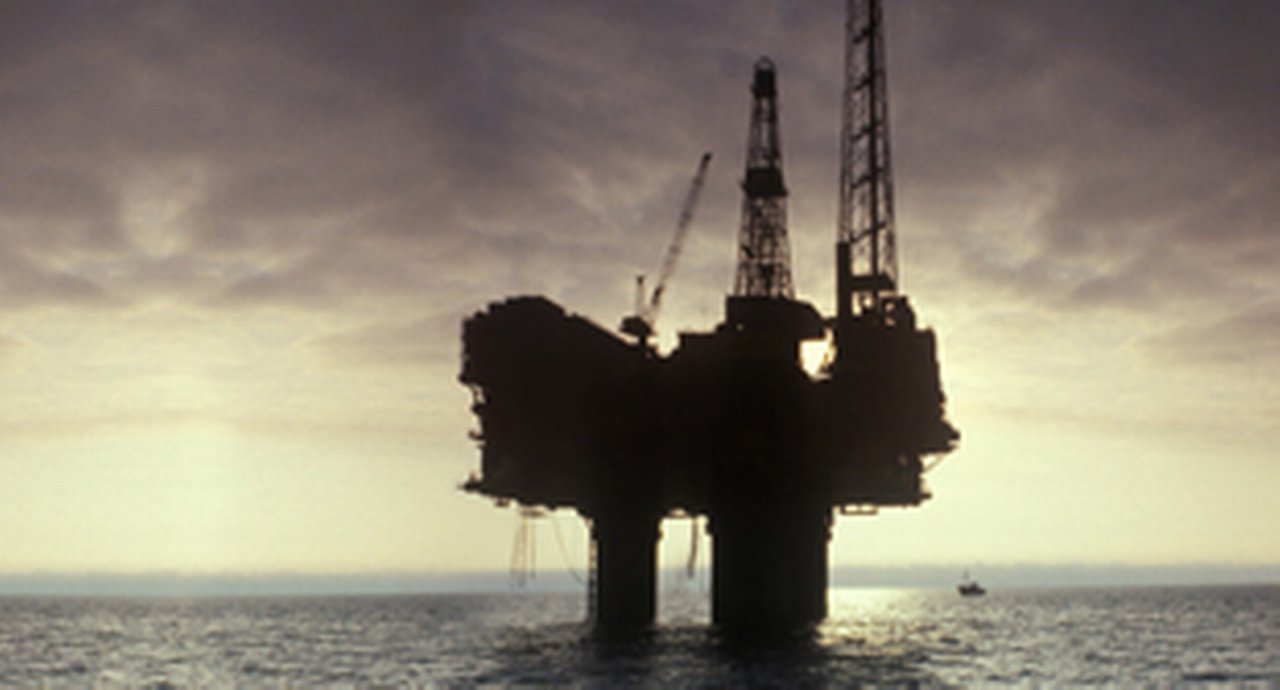December 2020
At the close of an extraordinary year, eyes are on growth forecasts for 2021 as economies climb out of Covid-19. But for these to materialise, trade needs to move back towards multilateralism, explains Dr Rebecca Harding
What a year it has been. 2020 has seen everything: an oil price collapse, a market collapse and a trade collapse redolent of the Global Financial Crisis in 2008.
This is a global pandemic that has ravaged the world’s economy; and created a level of public sector debt unprecedented in the post-war period; and intensified strategic competition between two of the world’s superpowers, China and the US. It has spilled beyond trade and tariffs to global institutions like the World Health Organisation and the WTO, and to sanctions and restrictions on technology businesses that could result in the development of two parallel digital systems in the world.
Trade contraction
The trade world has taken the brunt of much of the events of 2020. Forecasts for what has happened to trade volumes over its four quarters are slightly more positive for Q3 than they were at the end of Q2. Nevertheless, the World Trade Organisation is forecasting a 9.2% drop in volumes over the course of the year1 and, noting a recovery in Q3, UNCTAD predicts a drop of anything between 7% and 9% in volumes this year.2 Coriolis Technologies projects a 20% reduction in the global value of trade, caused not just by a drop in volumes, but also persistent deflation around the world.3
Despite the recent good news about vaccines,4 forecasts are still pointing downside risks to projected growth in 2021. There are already signs that the rate of “rebound” was slower than expected into September with many of the oil dependent nations faring badly compared to more consumer-oriented economies.5
Accelerated erosion
As I predicted in June 2020, trade will never be the same again.6 The processes that had already started before the pandemic have accelerated during it: digitisation, protectionism, trade conflict and decoupling, and the shift to more distributed supply chains to reduce dependency on one supplier and to meet Sustainable Development Goals for local content and employment.7 Economic nationalism has manifested itself, not just through an intensification of the use of tariffs to achieve strategic goals which the superpowers have engaged in throughout the pandemic. For example, China has imposed tariffs on Australian wine nominally as an anti-dumping policy while using language that suggests it is unhappy with the Australian position on a global inquiry into the origins of the coronavirus; the US threatened tariffs on China as the original cause of the coronavirus.8 This pattern of economic nationalism is not limited to China and the US: Covid itself has triggered temporary protectionism, especially in medical and vaccine supply chains in some 98 countries.9
Worse than this, trade wars are arguably a misdirection and hide the larger scale of the strategic conflict between the superpowers. Russia and China, as well as the US, are deeply nationalistic but the power struggle is for control of influence over culture and thought (so called “sharp power”), technology and digital flows, and of course financial flows as well. While we have looked in horror as international structures of global trade weaken and trade barriers erected, outside of the trade negotiations we have seen sanctions and restrictions imposed on US technology businesses working with Chinese technology businesses, threats of sanctions against German companies operating on the NordStream 2 gas pipeline, and the threat of secondary sanctions against any company trading in US dollars with any association with Iran.
"Trade wars are arguably a misdirection and hide the larger scale of the strategic conflict between the superpowers"
Rebuilding trust – but old conflicts remain
Against this backdrop, a new administration in the White House from January 2021 has a dual challenge to restore domestic and international trust in its own democratic and leadership processes. Much of the commentary during the election observed that America itself has been damaged by Covid-19, and restoring unity would be the primary issue that would need to be addressed. Howsoever important this may be, rectifying the geoeconomic and geopolitical fragmentation that has weakened global institutions, including the World Health Organisation and the World Trade Organisations, will also be a priority.
There will certainly be a more emolient and multilateral tone and foreign policy is likely to focus on building relationships with allies, especially the EU and Japan.
This change in tone is welcome and will do much to make the world feel confident, even if it is not the whole story. The campaign mantra was “Made in America and emphasised that “national security is economic security.” After four years of tensions with Europe, America will be keen to restore its strategic relationship with the EU but it is already clear that this as much about isolating China and ensuring that Europe contributes to NATO budgets as it is about the multilateral ideals that both sides share.
“Restoring America’s leadership in the world” was the foreign policy slogan of the campaign; make no mistake, this does not mean that we are returning to the era of unfettered “globalisation.” Rather, under the guise of multilateralism, the US will return to play its role within international organisations. The underlying domestic narrative will remain the same but a greater focus on sustainability and global shared interests suggest that trade may finally be “disarmed” even if the broader strategic conflict between China and the US is still very much alive.
Dr Rebecca Harding is an independent trade economist and CEO of Coriolis Technologies
Sources
1 See https://bit.ly/37F4cOA at wto.org
2 See https://bit.ly/3gqJcz4 at unctad.org
3 See https://bit.ly/3lX6ptV at coriolistechnologies.com
4 See flow´s Climbing out of Covid: Nearly there?
5 See https://bit.ly/37F5Hwc at cpb.nl
6 See flow´s Trade re-set? at flow.db.com
7 See in particular, goals 8, 9, 16 and 17: https://bit.ly/3qEStYP at ilo.org
8 See https://bbc.in/36VRT1m and https://reut.rs/3gorPPn at bbc.co.uk and uk.reuters.com
9 See https://bit.ly/33RkBOE at macmap.org

DR REBECCA HARDING
Independent trade economist, CEO Coriolis Technologies
Go to Corporate Bank EXPLORE MORE
Find out more about products and services
Go to Corporate Bank Go to Corporate BankStay up-to-date with
Sign-up flow newsbites
Choose your preferred banking topics and we will send you updated emails based on your selection
Sign-up Sign-upYou might be interested in
Trade finance and lending
Biden’s packed agenda Biden’s packed agenda
Now that President Biden and Vice President Harris are installed in the White House, what are their immediate priorities? flow´s Clarissa Dann takes a look at Deutsche Bank Research’s insights, along with other observations on stimulus, infrastructure and tax reform – and responses from the central bank
Trade finance and lending {icon-book}
Sunset to sunrise Sunset to sunrise
Just because the oil majors are withdrawing from the North Sea, that doesn’t mean there is no extraction. Clarissa Dann looks at how reserve-based lending is supporting the smaller independent oil producers that are thriving in the region
Trade finance and lending
Trade re-set? Trade re-set?
Independent economist Rebecca Harding shares three reasons why she believes trade will never be quite the same again



